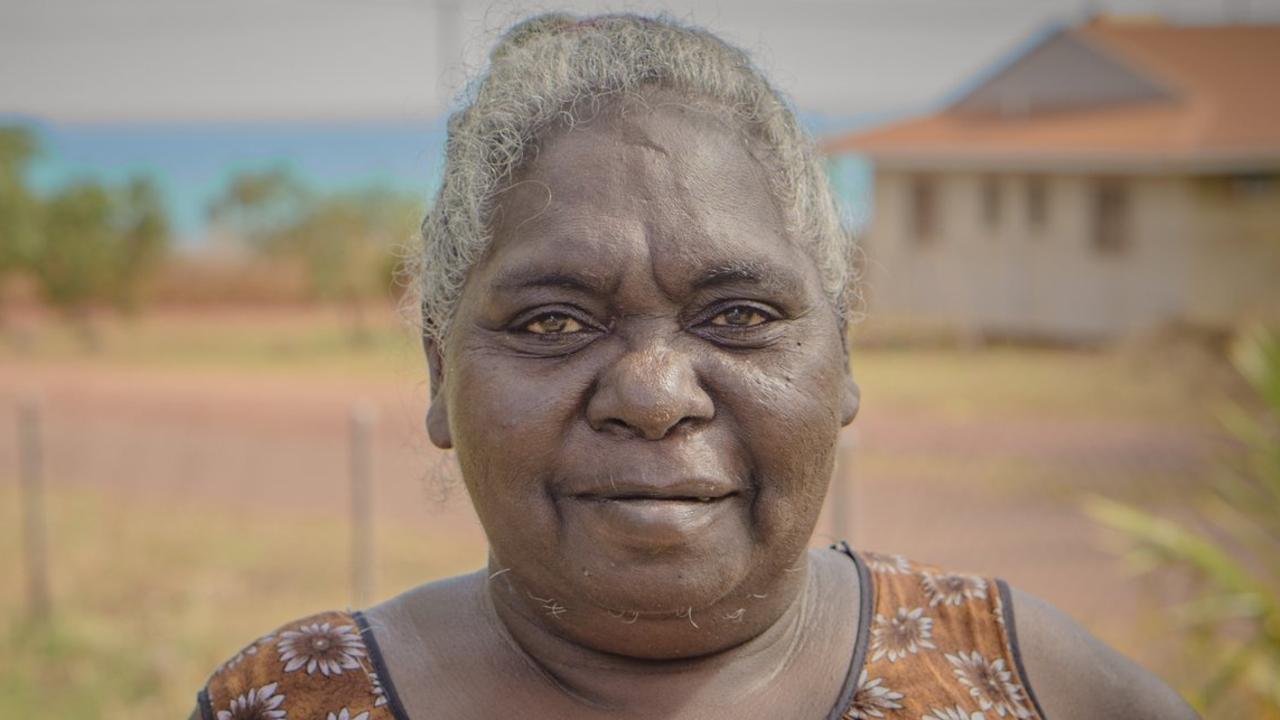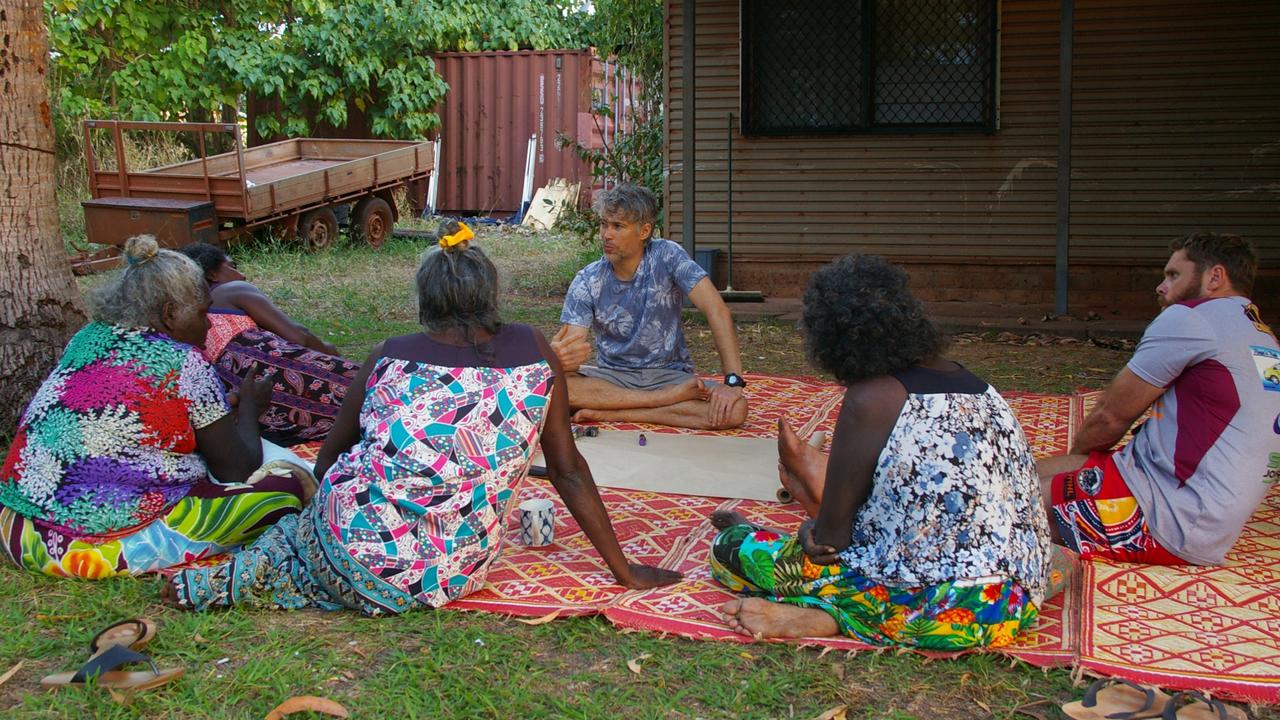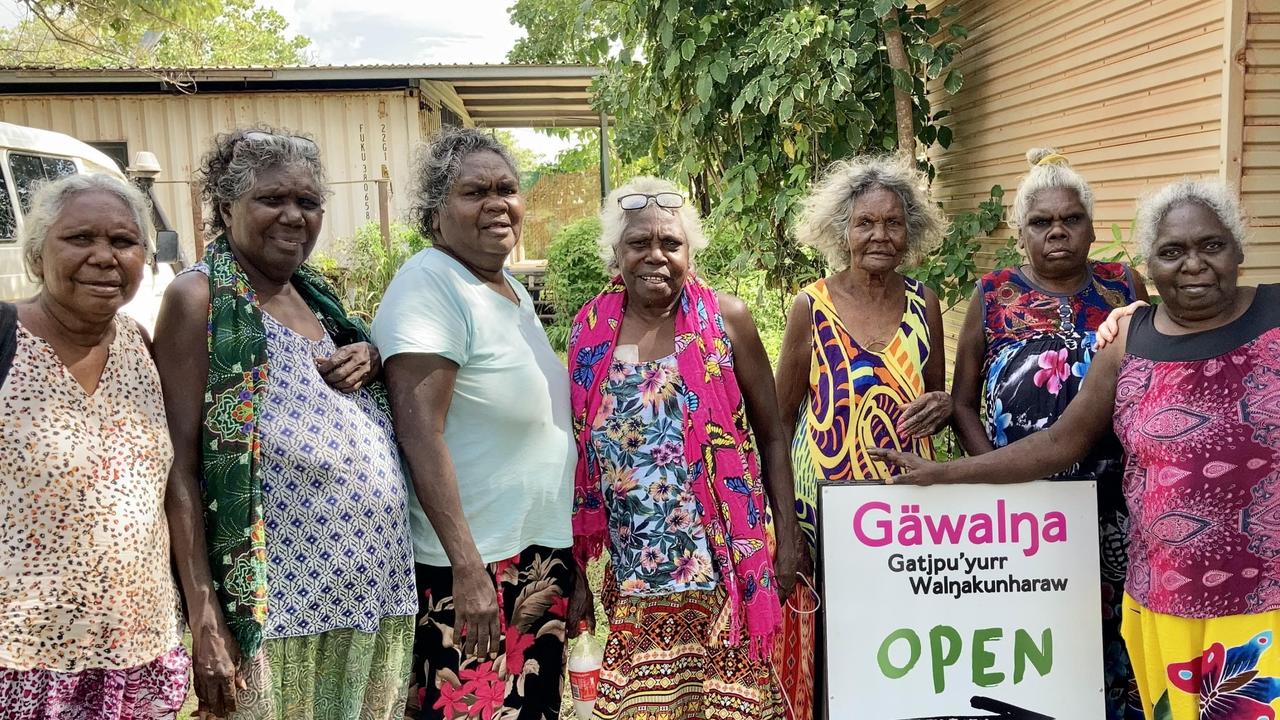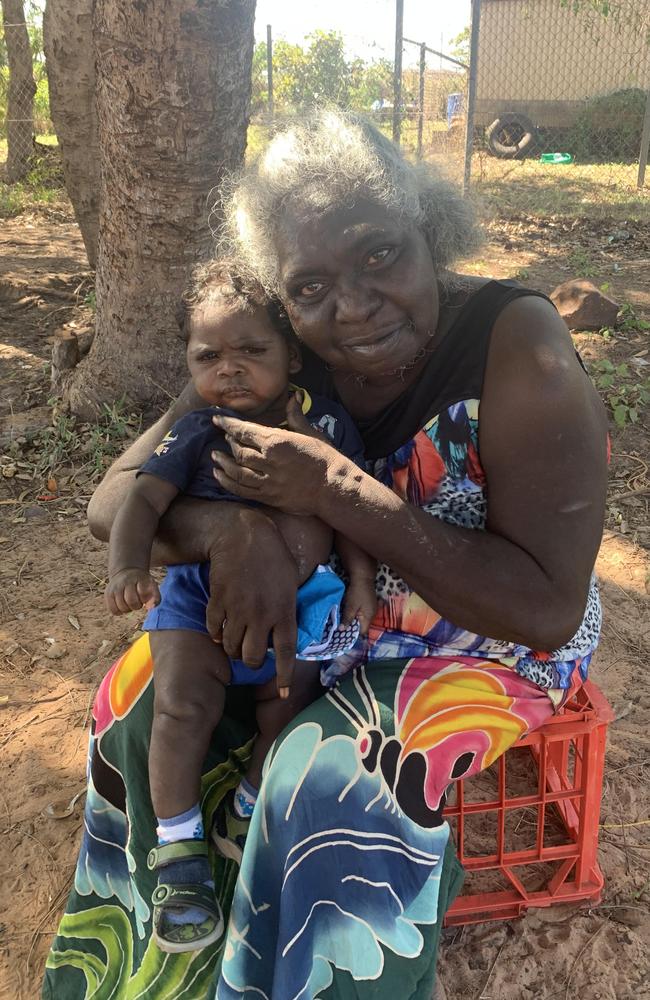Initiative helps curb health crisis facing Indigenous Australians
The proud Yolngu people live among some of Australia’s most pristine islands and food-rich waters – but six in 10 die potentially avoidable deaths.
There’s a sad truth in northeast Arnhem Land – six in 10 First Nations people there die from preventable diseases.
Its Yolngu people are a proud and culturally rich people who live among some of Australia’s most pristine islands and bountiful, food-rich waters.
Sixty years ago, chronic disease among its people was all but unheard of, but today, they have one of the highest mortality rates from preventable health conditions in Australia at over 60 per cent. Nationally, that figure is around 49 per cent.
As the Yolngu people grapple with one of the nation’s highest preventive mortality rates, locals feel medical services and government-supported programs struggle to be effective due to operational bottlenecks, high staff turnover and a lack of contextual design around culture, language and identity.
Elcho Island woman Joanne Garnggulkpu detailed one of the areas where she believes the health support mechanisms come undone.
“My family don’t speak perfect English, and very few of the doctors that fly in speak our language well,” she said.

“We don’t understand what having diabetes means, [or] why we need to take the medication, nor the changes we can make,” she said.
In northeast Arnhem Land, one in two people suffers from hypertension and renal disease.
One in four has diabetes, and one in three has pulmonary disease.
Nationally, chronic disease accounts for about 80 per cent of the 12-year mortality gap between Indigenous and non-Indigenous Australians.
As a result of insufficient support, a group of Elcho Island locals have taken it upon themselves to promote the healthy virtues of their culture in an attempt to “rediscover true health”.
In 2014, twelve local women, including Ms Garnggulkpu, started a program called ‘Hope for Health’ that has seen significant results for participants.

The Yolngu-led preventive health program on Elcho Island aims to build on traditional knowledge and practices while connecting the community with modern education about illness and lifestyle.
It promotes health literacy, weight loss, lifestyle change, and community empowerment for disease prevention through a two-step program – an immersive 12-day retreat on-country and a four-month in-community program.
This year, the project drew the attention of Western academia, with researchers at the Doherty Institute keen to evaluate the program’s effectiveness.
A study funded by the National Health and Medical Research Council seeks to discover whether the program could inform other effective Indigenous health programs nationwide.
Lead researcher Beverly Briggs shared her experiences while studying the magnitude of chronic disease in the region.

“The thing that really motivated me to focus on chronic illness was when conducting research in-community, we were interrupted by ceremony [funerals] every week, and in quick succession, we had three local staff diagnosed with serious illness,” she said.
“It really brought home what a terrible situation these people were in and that Australia needed to know more.”
A different approach to health management
Despite its apparent success, Hope for Health has been poorly funded over the course of its existence.
Regardless, it has still made steps to improve the health of Elcho Island’s 2200 people over the course of six health retreats on country and in-community support with case managers, local health coaches, classes and workshops.
It is hoped the study will build a case for better funding and an expansion of the program.
Those behind Hope for Health say government health funding on medical services and “preventive” health funding is often spent on programs that manage chronic disease, mainly through clinical or pharmaceutical intervention – rather than sourcing from healthier times in the local Indigenous history.

They say other health funding is “broad brush” and usually fails to address the context and challenges of starting and maintaining a good health routine in such complex environments.
Program co-founder and cross-cultural educator Timothy Trudgen said stopping the “tide” of chronic disease in remote Australian Indigenous communities is a critical issue.
“Who do people down south turn to when they need to really change their diet and their health? A GP who speaks their language, personal training, nutritionists or naturopaths – none of these services are readily accessible in remote NT communities, except where we have been able to provide them,” he said.
“It’s critical that there is a bigger conversation about this because stopping the tide of disease will only happen when we can support and empower individuals and families through the difficult process of diet and lifestyle change.”






